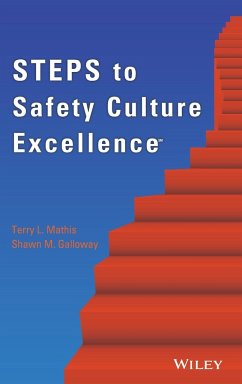
Construction Management for Industrial Projects
A Modular Guide for Project Managers
Versandkostenfrei!
Versandfertig in über 4 Wochen
217,99 €
inkl. MwSt.
Weitere Ausgaben:

PAYBACK Punkte
109 °P sammeln!
This book presents techniques for effective and successful project management across all phases of the project, covering all of the management tools and leadership skills for any industrial project. It presents advanced modern tools for use by management and engineers in decision making, and it covers the gap between project management theories of the actual project. This volume is a "one-stop shop" for project and construction management of industrial projects, for engineers, managers, owners, and anyone else working on the project.













